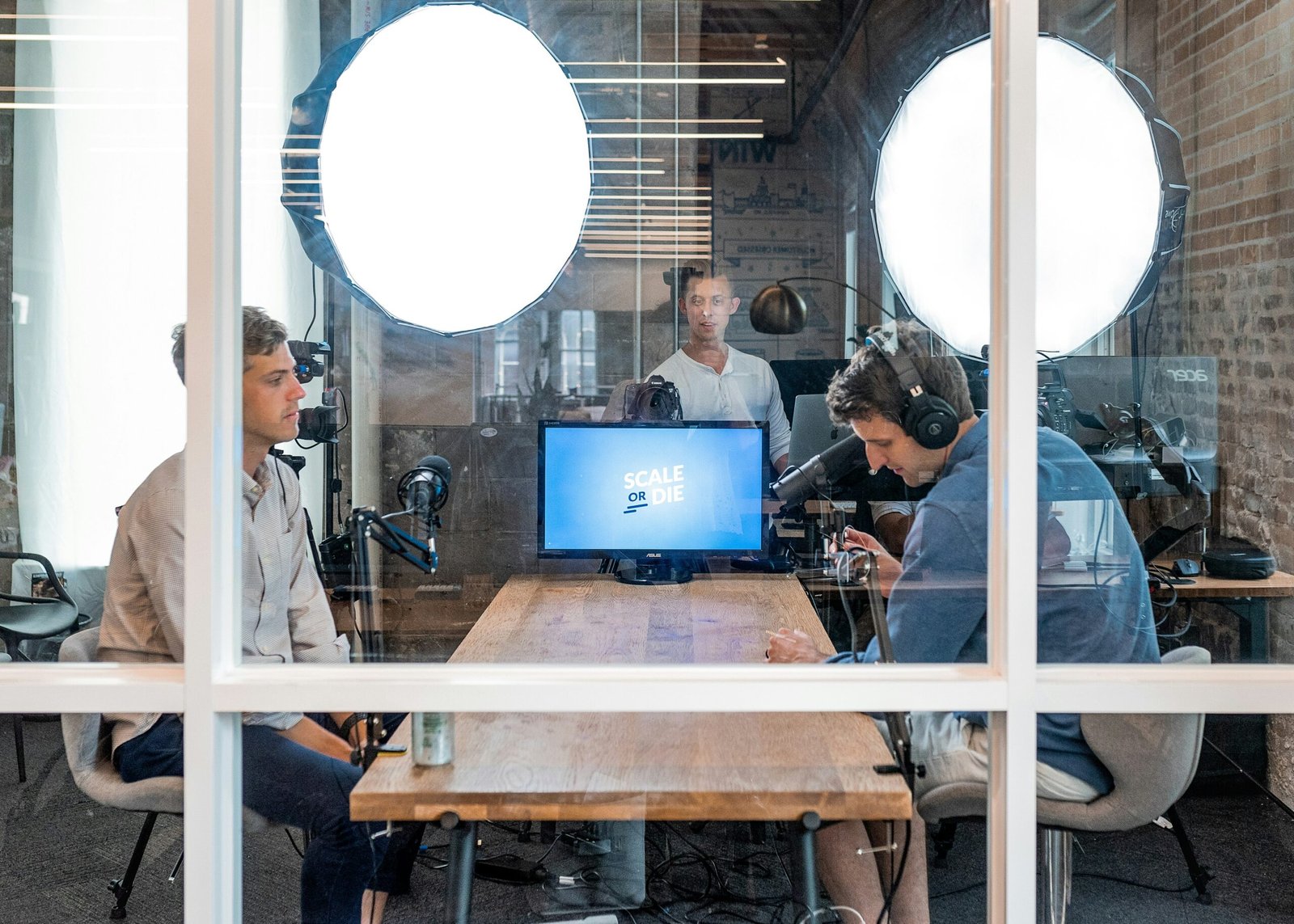Exploring the Vibrant and Evolving Lifestyle of Modern Morocco
The Cultural Melting Pot of Morocco
Morocco stands as a vibrant tapestry woven from a myriad of cultural influences, a testament to its rich historical heritage. This North African nation boasts a unique blend of Berber, Arab, and French influences, alongside a growing contemporary ethos that reflects global trends. The result is a dynamic lifestyle that varies significantly across the nation’s different regions, from the bustling urban landscapes of Casablanca to the more tranquil rural communities, revealing a distinctive and diverse Moroccan identity.
In Morocco’s urban centers, such as Casablanca and Marrakech, the lifestyle is characterized by a fast-paced environment where traditional markets, known as souks, coexist with modern shopping malls. Here, one can witness the fusion of the old and new, as vendors sell traditional handicrafts alongside contemporary fashion. Cafés serve both mint tea—a deep-rooted national drink—and artisan coffee, catering to both locals and an increasing number of international visitors. This urban lifestyle is not only a reflection of modernity but also a preservation of age-old customs, demonstrating how Morocco gracefully transitions through time.
Conversely, the rural areas of Morocco paint a contrasting picture, where traditions remain strongly ingrained in daily life. Villages often celebrate festivals that highlight their indigenous customs, such as music, dance, and culinary practices. The Berber culture, in particular, contributes significantly to the diversity of the Moroccan lifestyle, where traditional crafts, such as weaving and pottery, continue to thrive. These regions emphasize communal living and a slower pace, showcasing a deep connection to nature and longstanding traditions.
Overall, Morocco’s lifestyle is a captivating reflection of its history and diverse influences, representing a true cultural melting pot that beautifully bridges ancient practices with contemporary society. Whether in urban arenas or serene landscapes, the essence of Moroccan life continues to evolve, inviting exploration and appreciation from around the globe.
Moroccan Cuisine: A Culinary Adventure
Moroccan cuisine represents a beautiful amalgamation of flavors, traditions, and cultural influences that have evolved over centuries. The thriving culinary scene in Morocco today reflects a dynamic lifestyle that is constantly adapting to both local and global trends. Traditional dishes such as tagine and couscous serve as the backbone of Moroccan food culture, often prepared with regional ingredients that vary from one area to another. The significance of these dishes goes beyond sustenance; they play a vital role in social gatherings, family celebrations, and daily meals, emphasizing communal values inherent in Moroccan society.
Recent trends reveal a deeper integration of contemporary twists on classical recipes. Chefs and home cooks alike are beginning to experiment with fusion elements, incorporating international flavors and cooking techniques while still honoring the foundational spices and local produce that define Moroccan gastronomy. This blending of traditional and modern cuisines has not only revitalized local palates but has also drawn attention from food enthusiasts and tourists alike, further contributing to Morocco’s evolving lifestyle.
Moreover, the rise of food tourism in Morocco is indicative of the increasing appreciation for its culinary heritage. Visitors are keen to experience authentic Moroccan dining, often seeking out both street food and fine dining options. Culinary tours, workshops, and cooking classes have become popular ways for tourists to immerse themselves in the rich traditions of Moroccan cuisine. These experiences enable them to connect not only with the food but also with the people and stories behind each dish, fostering a greater understanding of Moroccan culture.
Incorporating these aspects into the culinary landscape illustrates how Moroccan cuisine is much more than just a means of sustenance; it is a reflection of the nation’s identity, history, and its ongoing journey toward modernity. The evolution of this culinary adventure highlights the central role that food plays in the lifestyle of Morocco today, showcasing its ability to adapt and thrive amidst changing societal norms.
Fashion Trends in Morocco: Tradition Meets Modernity
Morocco’s fashion landscape is a fascinating blend of rich traditions and contemporary influences, making it a vibrant part of the country’s evolving lifestyle. The reinvention of traditional clothing, such as the djellaba and kaftan, showcases the innovative spirit of Moroccan designers who are merging classic elements with modern aesthetics. This evolution is particularly evident at fashion shows and local markets, where the traditional garments are adorned with contemporary textiles and innovative cuts, appealing to both domestic and international audiences.
Interestingly, the rise of social media has played a pivotal role in shaping current fashion trends in Morocco. Young designers and fashion enthusiasts utilize platforms like Instagram to showcase their Creations, allowing them to reach a broader audience beyond the confines of local boutiques. This exposure not only amplifies their visibility but also encourages a fusion of global fashion trends with Moroccan cultural identity. As Moroccan youth increasingly embrace these trends, they are not merely consuming but actively participating in a dynamic dialogue between tradition and modernity.
Moreover, the fashion industry in Morocco serves as a platform for women’s empowerment. Many women entrepreneurs and designers are making their mark by creating collections that celebrate Moroccan heritage while promoting gender inclusivity. These initiatives have fostered a supportive network among female creators, entrepreneurs, and fashion influencers, thereby enhancing their roles in society and inspiring younger generations to pursue careers in the fashion industry.
Overall, the fashion trends in Morocco represent a rich tapestry of tradition meeting modern influence, showcasing a unique perspective that reflects the country’s evolving lifestyle. As the Moroccan fashion scene continues to grow, it will undoubtedly attract more attention globally, highlighting the significance of this cultural fusion in shaping a new narrative of Moroccan identity.
Sustainability and Modern Living in Morocco
In contemporary Morocco, a notable shift towards sustainability is evident as the nation’s citizens increasingly embrace eco-friendly practices that blend their deep-rooted cultural heritage with modern living. This evolution reflects a growing awareness about the environment and the necessity for lifestyle changes that align with global sustainability goals. One key aspect of this transition is the rise of community-driven projects aimed at promoting sustainable agriculture, renewable energy, and waste management.
One of the most significant initiatives includes the promotion of organic farming techniques, which not only preserve the natural landscape but also provide healthier food options for local communities. Farmers are adopting practices such as crop rotation and permaculture, which enhance soil fertility while reducing the need for chemical pesticides and fertilizers. These techniques not only contribute to a more sustainable agricultural system but also align with Morocco’s commitment to preserving its rich biodiversity.
Moreover, urban areas in Morocco are witnessing the establishment of eco-friendly architectures, illustrating the marriage of modern design with sustainability. Buildings are increasingly being constructed with energy-efficient materials, while solar panels are becoming commonplace on rooftops, reflecting the country’s abundant sunshine and commitment to renewable energy sources. Such developments signify how modern Moroccans are prioritizing sustainable living within urban landscapes.
Community initiatives play a pivotal role in fostering a culture of sustainability. Various grassroots organizations are actively engaging residents in environmental education and sustainability practices, ranging from recycling programs to local clean-up campaigns. These projects not only address immediate environmental concerns but also foster a sense of community ownership and responsibility towards maintaining a sustainable lifestyle.
As Morocco navigates the complexities of modern living, the fusion of sustainability with its vibrant cultural heritage creates a unique landscape that reflects a forward-thinking populace. The commitment towards sustainable practices is not only vital for current generations but is also laying the groundwork for a more resilient future.









